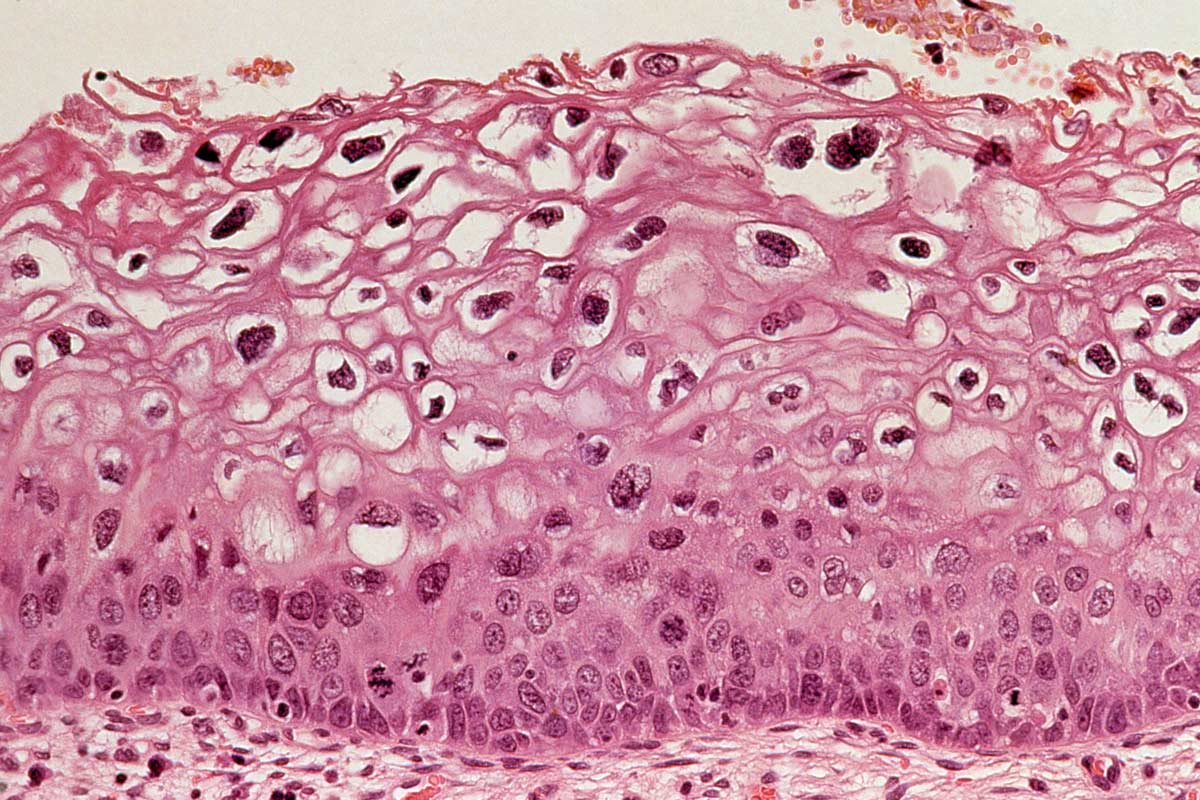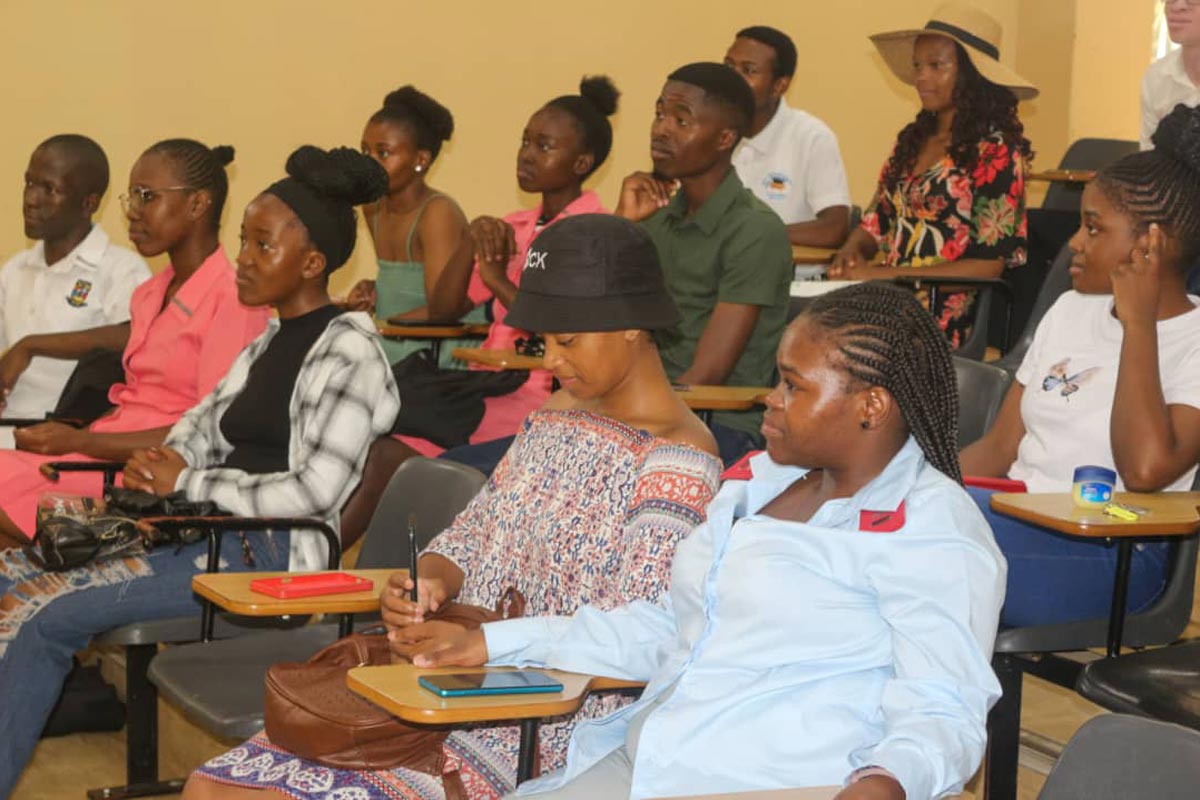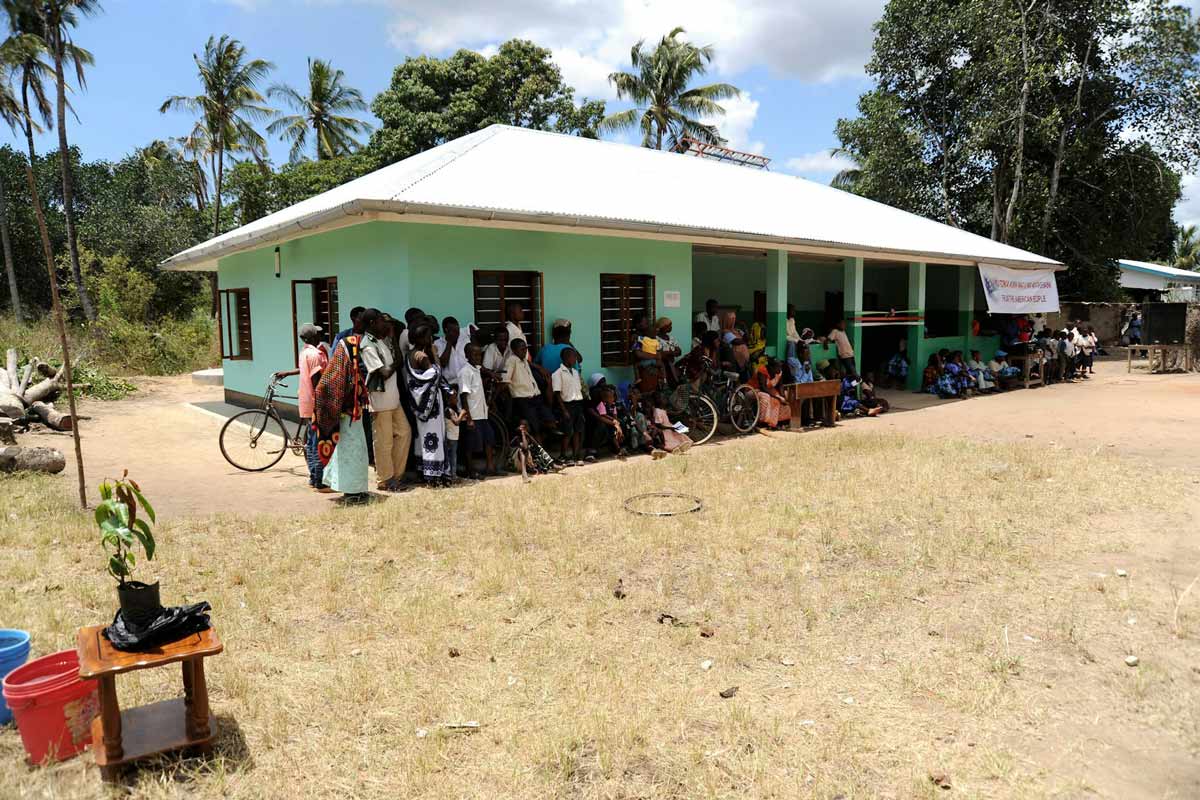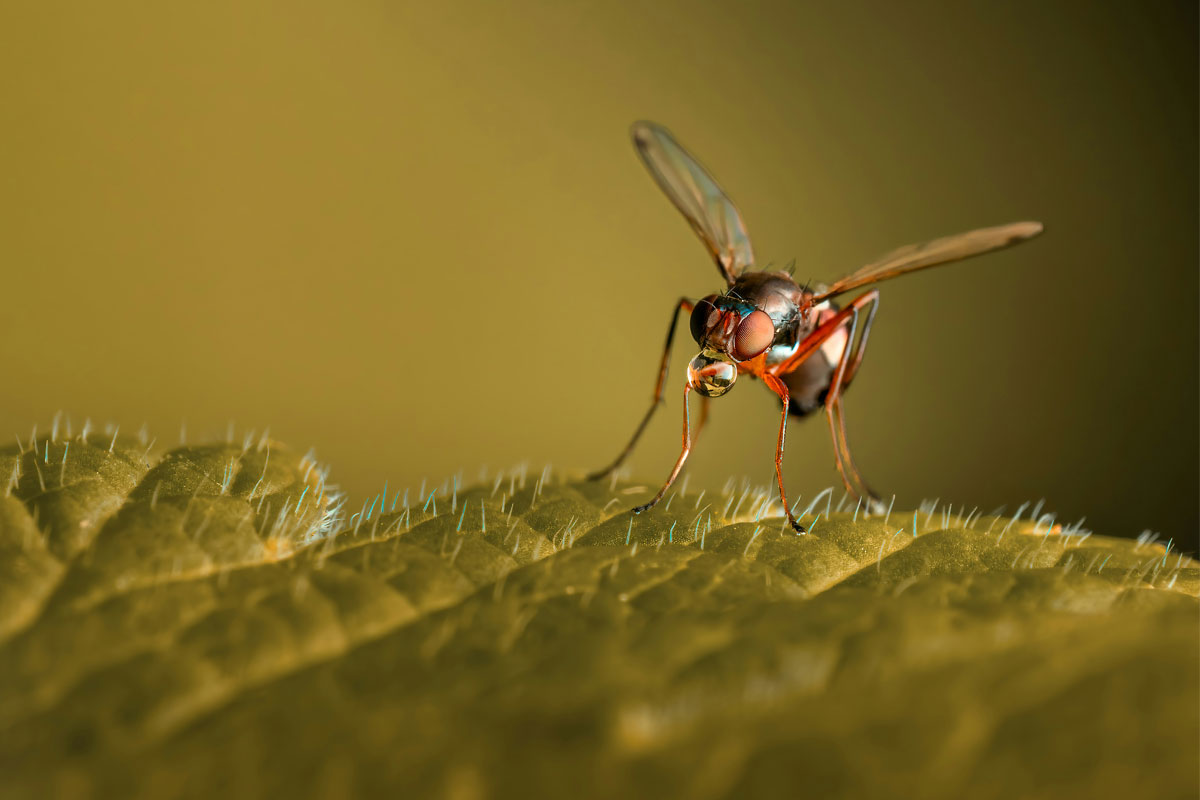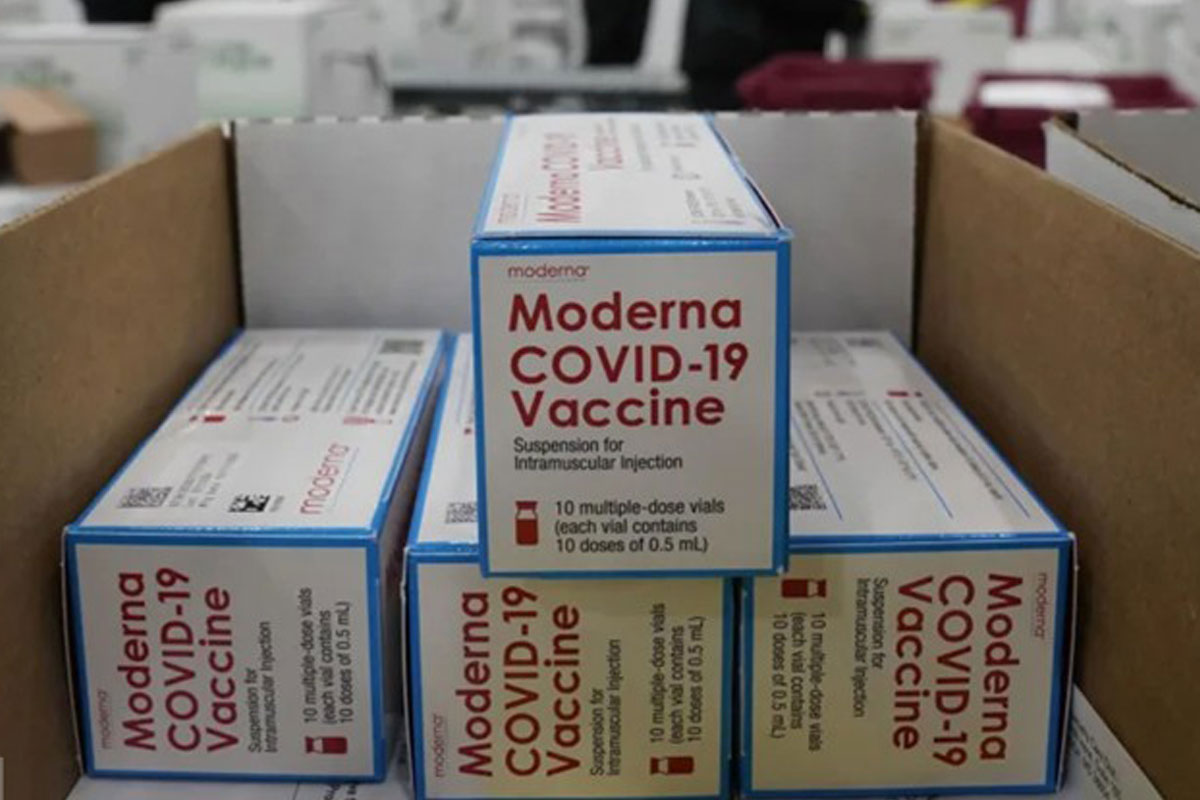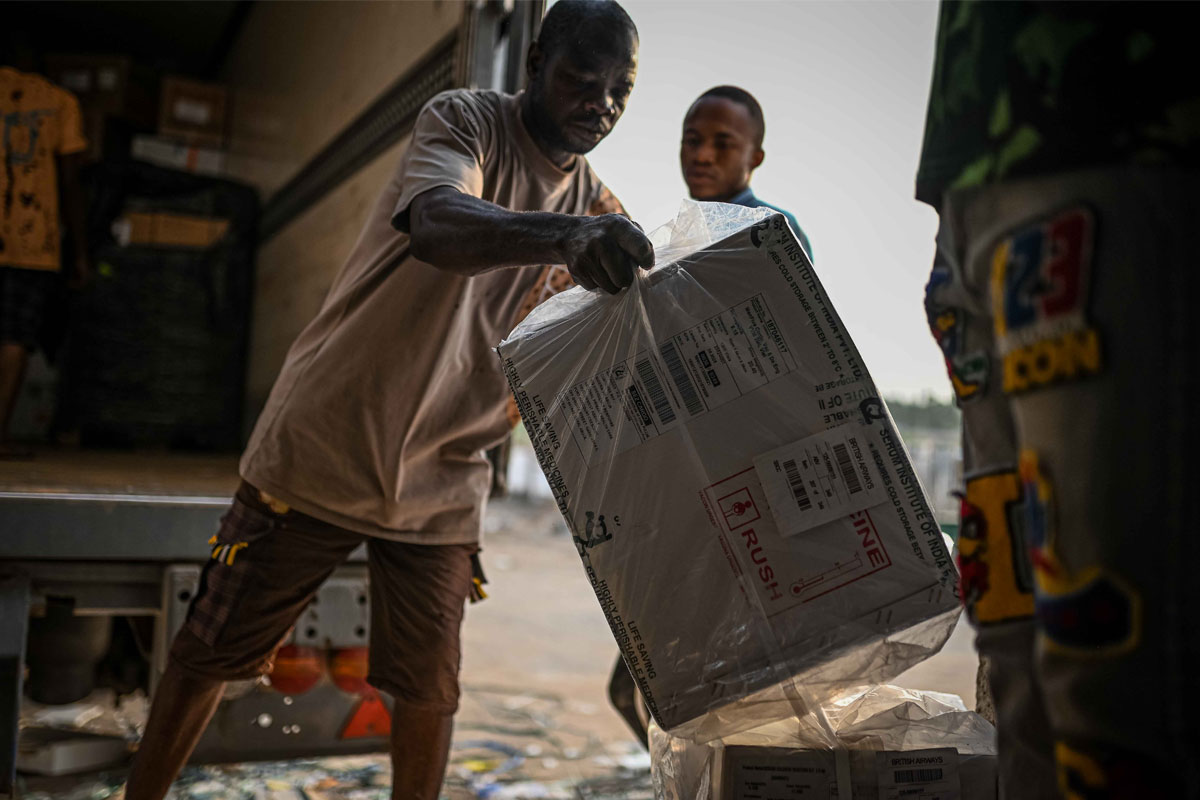Different places, different families, same life-saving journey: Norway Q&A on value of vaccines
After a Gavi slideshow underlines how mothers living world’s apart share the same views on childhood immunisation, Norway’s Foreign Affairs Minister and the Director-General of the Institute of Public Health talk about the value of vaccines.
- 26 April 2017
- 4 min read
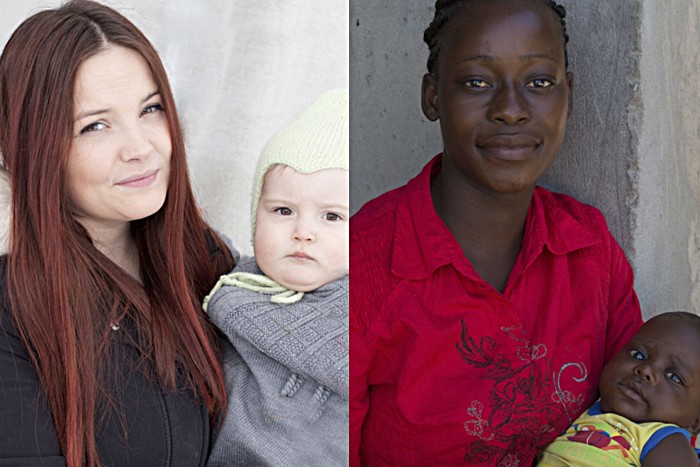
To celebrate World Immunization Week, Gavi visited two mothers living in very different villages to compare their perspectives on vaccination. One lives in Norway, a leading Gavi donor, while the other lives in Mozambique, a key recipient of Gavi support.
Despite the obvious differences between Storsteinnes, where daytime temperatures are currently -10 degrees Celsius and Mucapane, where the local health clinic is a two hour walk away, both mums shared the same commitment to immunising their children.
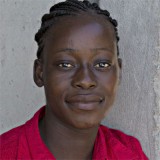
"I think we are very lucky these days, many children used to die of all sorts of diseases," said Celia, mother of three-month-old Victor.

"I will do everything to protect Tobias from any potential disease," said Jeanette, mother of 15-month-old Tobias.
Norway’s commitment to Gavi
As one of the founding donors of Gavi, Norway has contributed USD 1.14 billion helping vaccinate 580 million children and saving over 8 million lives in the world’s poorest countries. At the Pledging Conference in Berlin in 2015, Norway committed additional USD 804.6 million to support Alliance’s immunisation efforts in 2016-2020.
After sharing our slides from Norway and Mozambique, we spoke to Børge Brende, Norway’s Minister of Foreign Affairs of Norway and Camilla Stoltenberg, the Director-General of the Norwegian Institute of Public Health about the value of vaccines and Norway’s support for Gavi.
Gavi: Why does Norway support Gavi’s work?

Børge Brende (BB): Immunisation is one of the most effective health interventions. It saves lives and keeps people healthy. I think Gavi is a key mechanism to successfully reduce child mortality in developing countries. Thanks to its partnership model, Gavi continues to deliver great results and contribute to the sustainable development goals.
All children in the world should have access to life-saving vaccines not only because it will help them lead healthier lives. It is also a prerequisite for social, economic and sustainable development. Yet, every year, 19 million children do not receive a full course of the most basic vaccines. Norway supports Gavi’s efforts to increase immunisation coverage everywhere and to make sure that we reach those children who need vaccines the most. Between 2016 and 2020, we will provide NOK 6.25 billion to Gavi. That makes our country the third largest donor to the Vaccine Alliance.
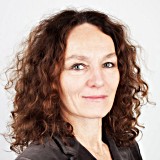
Camilla Stoltenberg (CS): I agree. Vaccines are the most effective protection against infectious diseases. Vaccinating children saves more lives than any other single intervention. Norwegians have greatly benefited from immunisation. Today, we are committed to using vaccines to ensure better health for everyone globally.
Gavi: How does the Norwegian childhood immunisation programme ensure that its citizens never lose awareness of the importance of vaccines?
BB: Providing information about the benefits of vaccines is important. We must ensure parents and caregivers understand that vaccines protect their children against dangerous infectious diseases in a simple and effective way.
CS: To achieve this, we work with general practitioners and public health nurses providing primary health care. They are key to promoting the value of immunisation in Norway. They are the ones who are constantly in contact with young families, keeping them informed about the risks of diseases and the benefits of vaccines.
Gavi: How important is vaccine efficacy and safety to overcoming vaccine scepticism, both in the developed and developing worlds?
BB: Whether we’re talking about developed or developing countries, we need to remember that preventing disease and death through vaccination is one of the greatest public health achievements of all time. It is critical that we build and maintain trust in vaccines because they prevent many of the world’s most deadly diseases.
CS: I think that both vaccine efficacy and safety are important. In countries like Norway, where we have a very limited risk of deadly diseases, convincing people that safety should be taken seriously is essential for overcoming any scepticism.
Gavi: What can Norway learn from developing countries like Mozambique about the value of vaccines?
CS: Developing countries like Mozambique experience many deadly diseases. In Norway we are continuously reminded of what can happen if we don’t vaccinate and how vaccines can keep our children healthy.
BB: Exactly, I think that many parents in Norway often take vaccines and access to immunisation for granted. In Mozambique, children still run the risk of getting sick and dying from diseases which are no longer a threat in Norway. That is why the value of vaccines cannot be underestimated. By immunising millions of people around the world we reduce the likelihood of disease outbreaks, epidemics and even pandemics, which threaten people globally.
